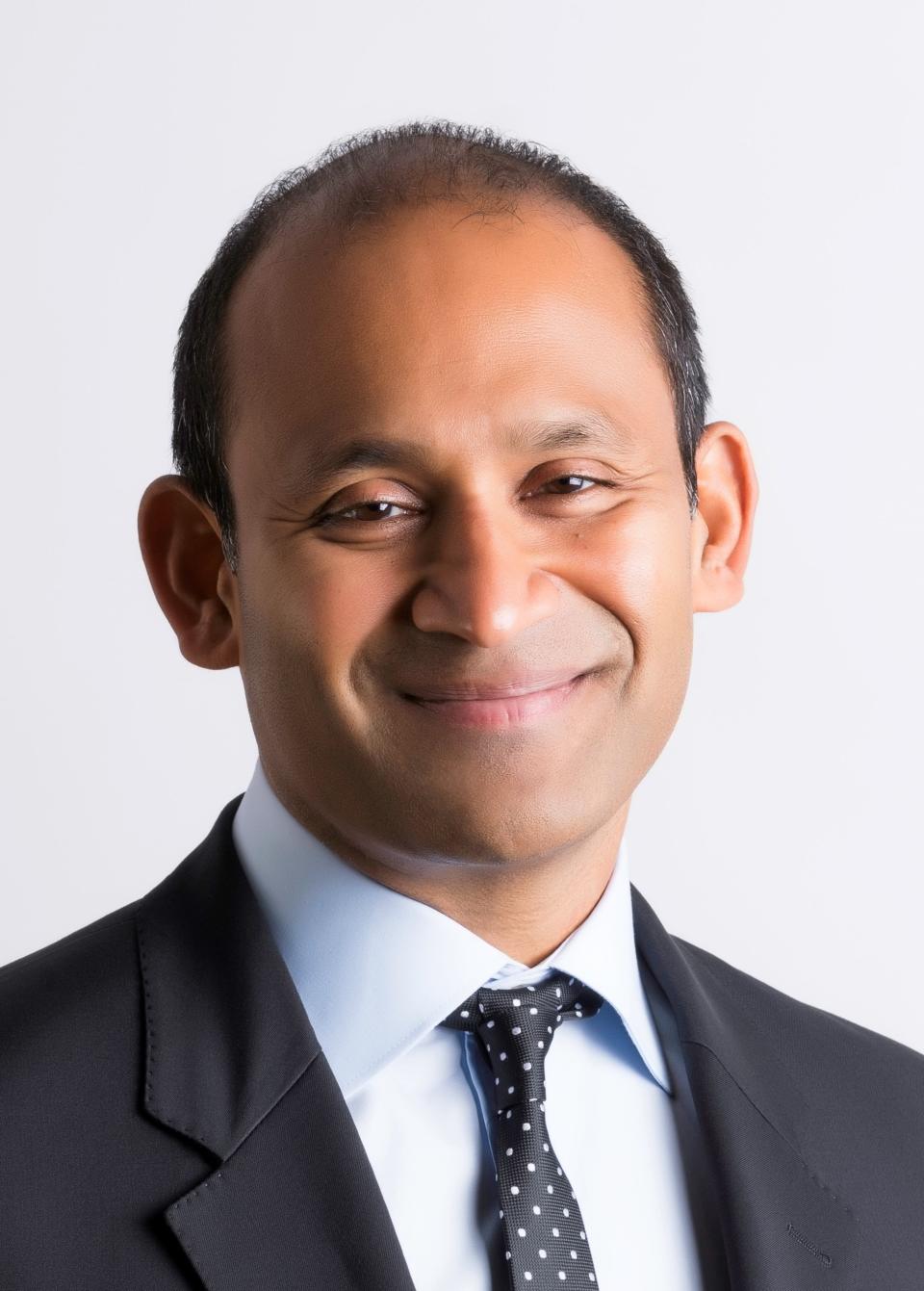Nomura’s CIO is modernizing his company’s tech while rethinking when to build versus buy

After a quarter of a century working for two large multinational banks, Sameer Jain was craving a big change and a taste of entrepreneurship.
He made a leap in 2019 to become a cofounder and chief technology officer at USREM, a startup seeking to create a commercial real estate trading platform. But Jain made the switch mere months before the COVID pandemic would upend his new employer's business model.
That led him to join Japan-based brokerage Nomura as chief information officer of its wholesale business, which includes sales, trading, research, and international wealth management. Jain said he liked that the company was more focused on trading than the traditional banks—Barclays and UBS—where he worked previously. He was also interested in gaining experience at a Japanese company.
“I was brought in to modernize the technology,” says Jain.
One big project he led as CIO was moving more of the company's operations to the cloud, primarily working with Amazon's AWS, but also using Azure for Microsoft 365. Today, new IT architecture is built for the cloud, but can also run on-premises, giving Nomura more flexibility in how it spends money for its IT operations.
Jain also spent over 18 months designing and re-architecting a software platform that helps support new clients. Onboarding new customers at Nomura is complex because of the rigorous due diligence requirements for the financial sector, which involves ongoing reviews by the operations, compliance, and credit risk management teams.
The new software workflow sits horizontally across all the various teams at Nomura, so everyone gets access to the same relevant information at once. It results in a faster onboarding process for Nomura, and clients save time too, as they aren’t approached by a succession of Nomura teams to provide the same documentation.
Initially, Nomura had explored buying an out-of-the-box solution from an outside vendor for the platform, but it later determined the regulatory compliance and client needs were too complex. Regulation is a particularly thorny issue for financial institutions like Nomura, evolving frequently which means the technology Nomura uses or develops must be tweaked with any new reporting requirements.
But even after Jain's experience of building that new workflow, his own thinking on buying versus building has evolved over the past half-decade. Historically, large financial institutions like Nomura tend to strongly prefer to “build” by creating their own customizable in-house software for complex financial products. As software as a service platforms have become more sophisticated, some IT leaders in the financial industry are rethinking their approach.
“I think more and more, the buy solutions are better than they’ve been in the past,” says Jain.
As for generative artificial intelligence, Jain says there’s some hype in the marketplace, but technology creates the potential for substantial gains in productivity. He’s particularly encouraged by AI copilots, especially those that are already embedded in existing tools from vendors like Microsoft. After setting up AI governance principles and risk control guardrails, Nomura has let some employees access AI copilots, but it is closely monitoring productivity metrics before rolling out such tools to the entire company.
Jain also prefers small language models, algorithms that are trained on much smaller datasets, which he asserts are cheaper than large language models and offer more precision. "We've got some stuff in the lab that we're exploring to see if that hypothesis holds," says Jain.
When asked which external AI vendors Nomura will explore working with, Jain says he's casting a wide net, arguing the firm cannot get too attached to any large vendor. Nomura is also taking a close look at using open-source AI and tools from early-stage startups.
“We should be designing a solution so we can swap out the underlying technology,” says Jain.
John Kell
Send thoughts or suggestions to CIO Intelligence here.
This story was originally featured on Fortune.com

 Yahoo Finance
Yahoo Finance 